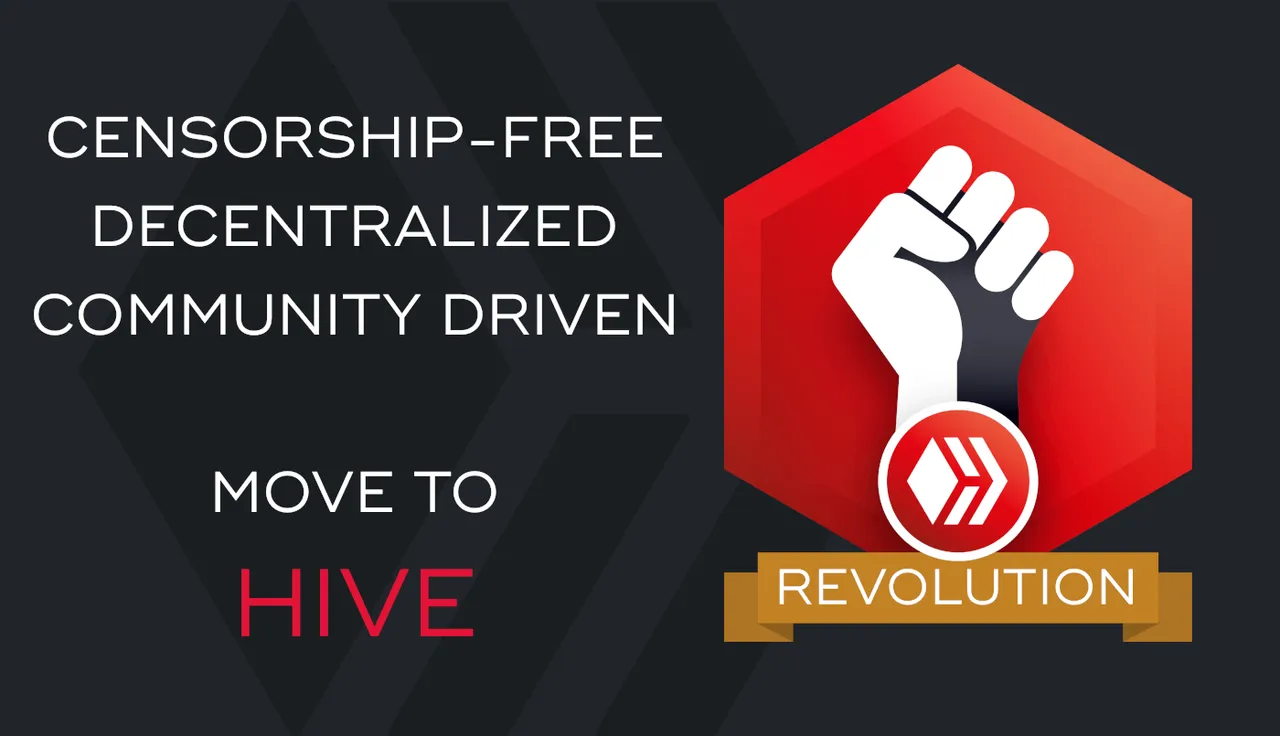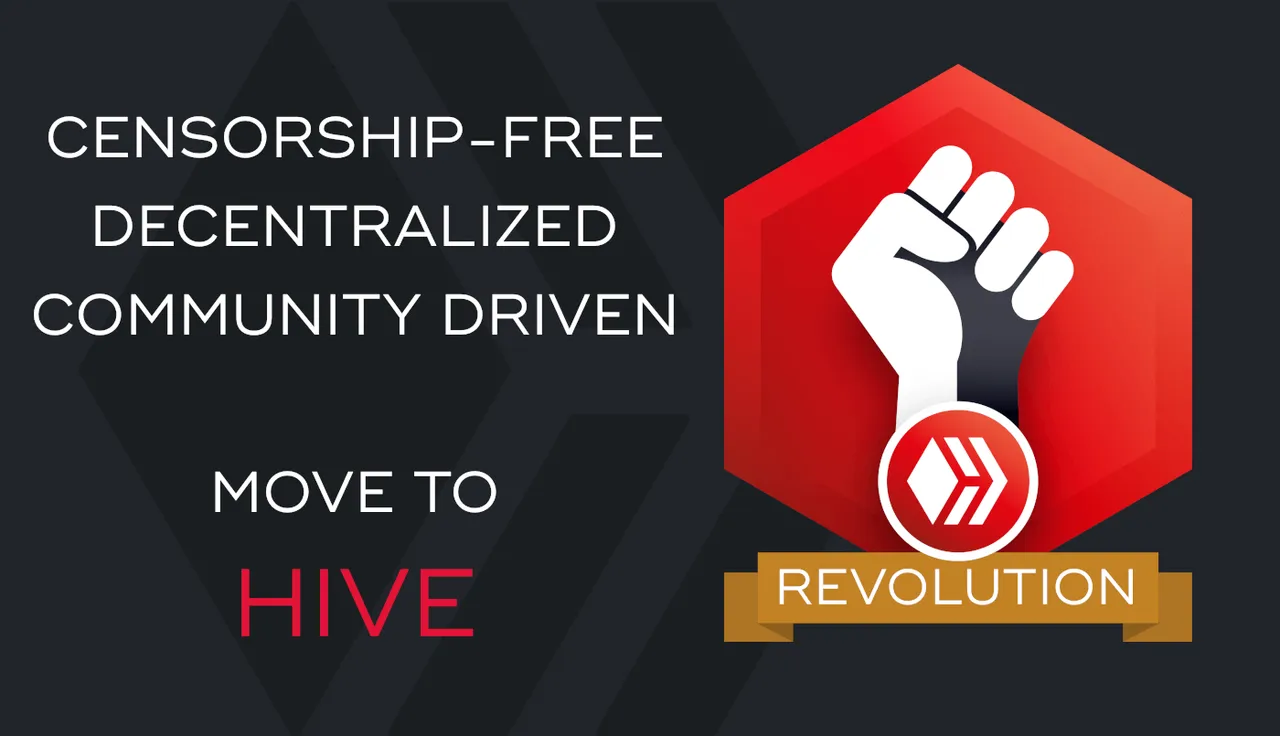Hi Everyone,
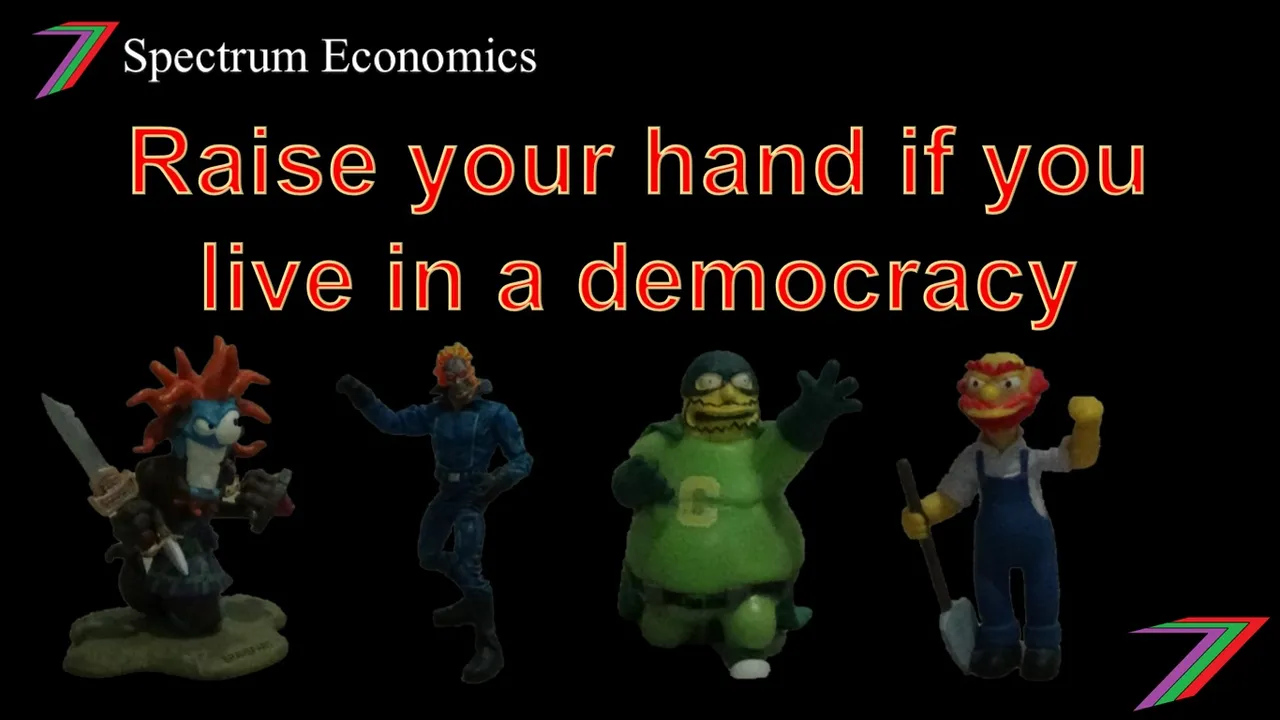
Today I will return to a topic I covered last year with both videos as well as written blogs. I will provide the links to these at the end of this post.
I live in Australia. The majority of people I meet and know would consider Australia a democracy. A typical response would be ‘the people choose who runs the Government’. Australia has Council, State and Federal Elections approximately every 3 years. This is considered frequent for many 'so called’ democracies. The frequent elections ‘prevent’ anyone or any group obtaining too much power as they can be replaced in a short time through the use of the election process. Western Governments call this type of democracy ‘Representative Democracy’.
What is a representative democracy?

A ‘Representative Democracy’ is a system where the people (citizens) of a country vote for government representatives to manage, govern, and rule the country on their behalf. These representatives are expected to hold office uninterrupted until the next election. At the next election, the people are given the opportunity to decide if they still support the representative or would rather vote for an alternative.
‘Representative Democracy’ is different from ‘Direct Democracy’. In a ‘Direct Democracy’, the people can directly influence decision-making. They can have a say in regards to legislation, policies, and expenditure (Government). Direct Democracies are rare in the real world. There are a few small communities that operate as ‘Direct Democracies’ and no Direct Democracies at a National level. However, some may argue that Switzerland has some characteristics of a ‘Direct Democracy’.
Is 'Representative Democracy' actually Democracy?

Even in a best-case scenario, where the system is not corrupt and there are legitimate opposition to a standing Government, ‘Representative Democracy’ is barely a shadow of actual democracy. The word ‘Democracy’ or ‘Demokratia’ is derived from the two Greek words ‘Demo’ and ‘kratos’ which means ‘the people power’. ‘Demokratia’ as initially described by the Greeks was intended to align with ‘Direct Democracy’. However, more than 80% of the population in Greece could not participate for various reasons. Not exactly a role model to follow.
A ‘Representative Democracy’ does not align with the concept of people power as the power has been delegated to 'elected' representatives. This delegation is compulsory, as no option is provided to revert to a ‘Direct Democracy’ However, these representatives are required though not compelled to fulfil their proposed election/campaign promises. An inability to perform duties as stated can be punished by not obtaining another term in office or possible removal from office prior to election depending on a number of factors.
An ideal ‘Representative Democracy’, could be argued to have a hint of indirect Democracy, as representatives can be held accountable for their actions. However, an ideal ‘Representative Democracy’ is not realistic. In my opinion, for an ideal ‘Representative Democracy’ to exist, the following are required.
- Strong and unbiased media
- Many alternate opposition parties or representatives with a wide variety of perspectives
- Open and transparent decision-making
- Separation of powers (e.g. Independent Judiciary system)
- Frequent and open debate over all relevant issues
Unfortunately, most of the above rarely consistently occur for most countries.
Strong and unbiased media

The media play an essential role in disseminating information. They have massive influence on our perception. There is a vast amount of activity taking place in the world. The media can present only a small snapshot of that activity. Therefore, it is critical that information presented is representative of the most relevant events as well as placing them in adequate context.
The arrival of the internet enables greater access to more information but also disinformation as well. The internet has enabled the growth of the alternative media. Some of these alternative media present accurate valuable information while others distort it. The internet can enable readers, listeners, and viewers to verify some of the information they receive from any form of media. The alternative media has gained considerable ground to the mainstream media in regards to size of audience.
The rise of the alternative media provides an opportunity to improve the effectiveness of a ‘Representative Democracy’. It is also a threat to those ‘elected’ representatives that have benefited from skewed information provided by the mainstream media.
In the USA, the mainstream media has lost considerable credibility and trust from the public. Donald Trump has played on this mistrust of the mainstream media by emphasizing their ineptitude as well as showing open support for alternative media. The mainstream media has aggressively fought back further damaging their reputation in the eyes of many Trump supporters. The conflict between Trump and the mainstream media has maintained Trump’s popularity with the alternative media. This strategy has helped revert the establishment vs anti-establishment conflict back to Democrat vs. Republican debate. Hence, strengthening the status quo and reducing resistance to the establishment. The Donald Trump presidency is cosmetically different from anything previously attempted in politics. These cosmetic differences are widely mistaken for any real differences in action.
Many alternate opposition parties or representatives with a wide variety of perspectives
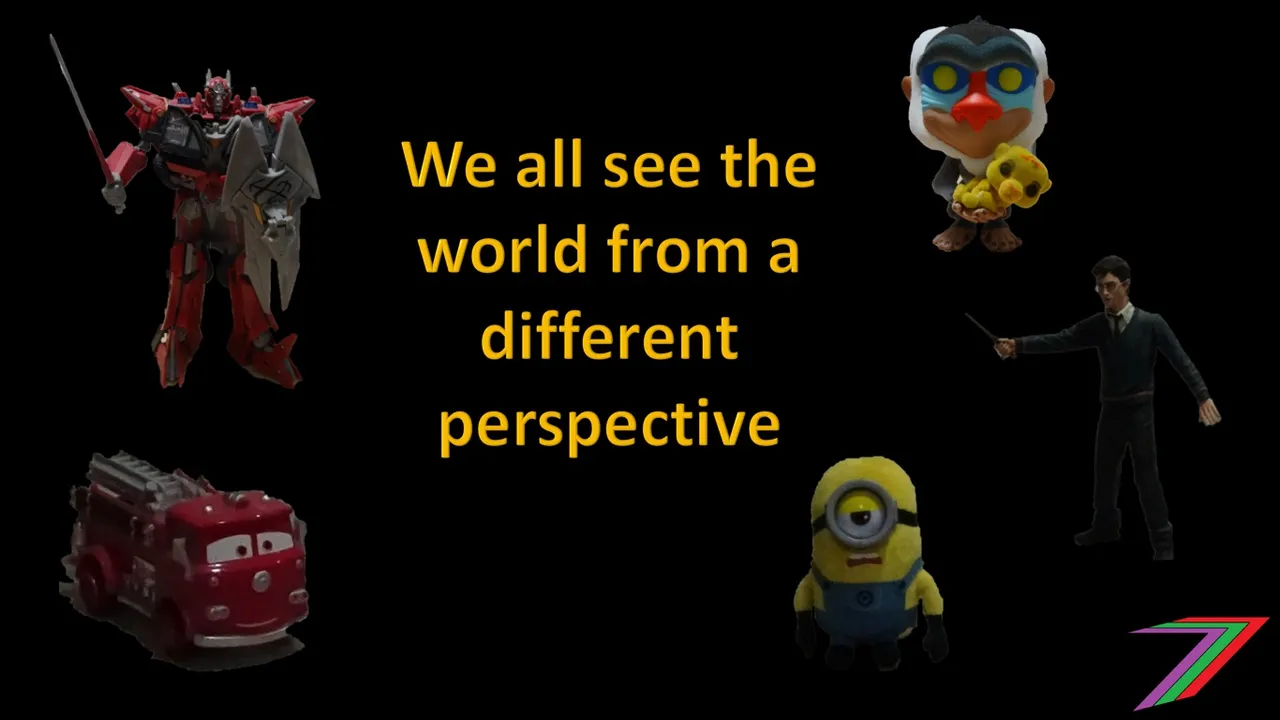
Opposition to Government is essential for a ‘Representative Democracy’ to function. As many perspectives as possible need to be represented in debates. Most western democracies function as two party/two candidate systems. These two parties are often very similar in practice even if they appear to actively debate over several issues.
Most Western Governments strive to protect the two party system by limiting the exposure of any alternative party or candidate. For example in the USA, the key election debates are held just between the Democrat and Republican candidates; the other candidates are not invited. Absence from these debates is a massive loss of exposure and eliminates any possible chance a candidate, outside the two main candidates, has of winning.
Candidates outside of the top two are normally granted limited access to funding. In some countries, large companies heavily sponsor the top candidates to ensure their own interests are represented rather than those of the people. Coca Cola is an example of a company that supports both Democrat and Republican candidates (Source)
Other countries rely on taxpayer money to support campaigns. This money is typically appropriated based on prior support. Therefore, if a country has a two party system, it will remain a two party system as other parties do not have access to funds to compete.
Open and transparent decision-making
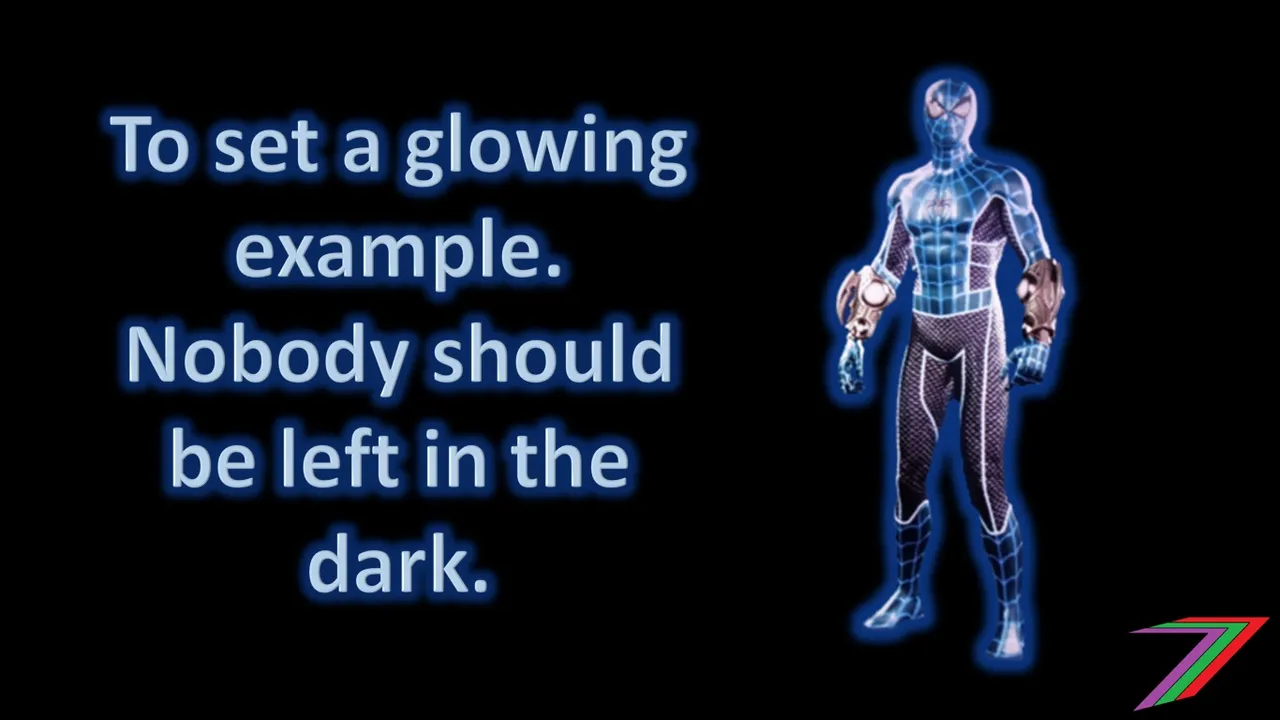
Any decisions made by representatives needs to be open and transparent for scrutiny by the public. The media has an important role creating greater transparency but there is often a limit to the information available to them. It is mostly in the best interest of Governments that are focused on maintaining power to keep information secret from the public. However, this is not in the best interest of maintaining a functioning ‘Representative Democracy’.
Governments often keep important information secret with classifications such as ‘confidential’, ‘in-confidence’, ‘secret’, ‘top secret’, etc. This information, if ever made public, is not normally available until long after those responsible have left office.
It is not possible for people to make informed decisions based on incomplete information. It is also impossible to challenge something if nobody outside the Government are aware of even the existence of that something. The combination of ineffective media and lack of opposition to the status quo compounds the problem of incomplete information through lack of transparency.
Separation of powers (e.g. Independent Judiciary system)
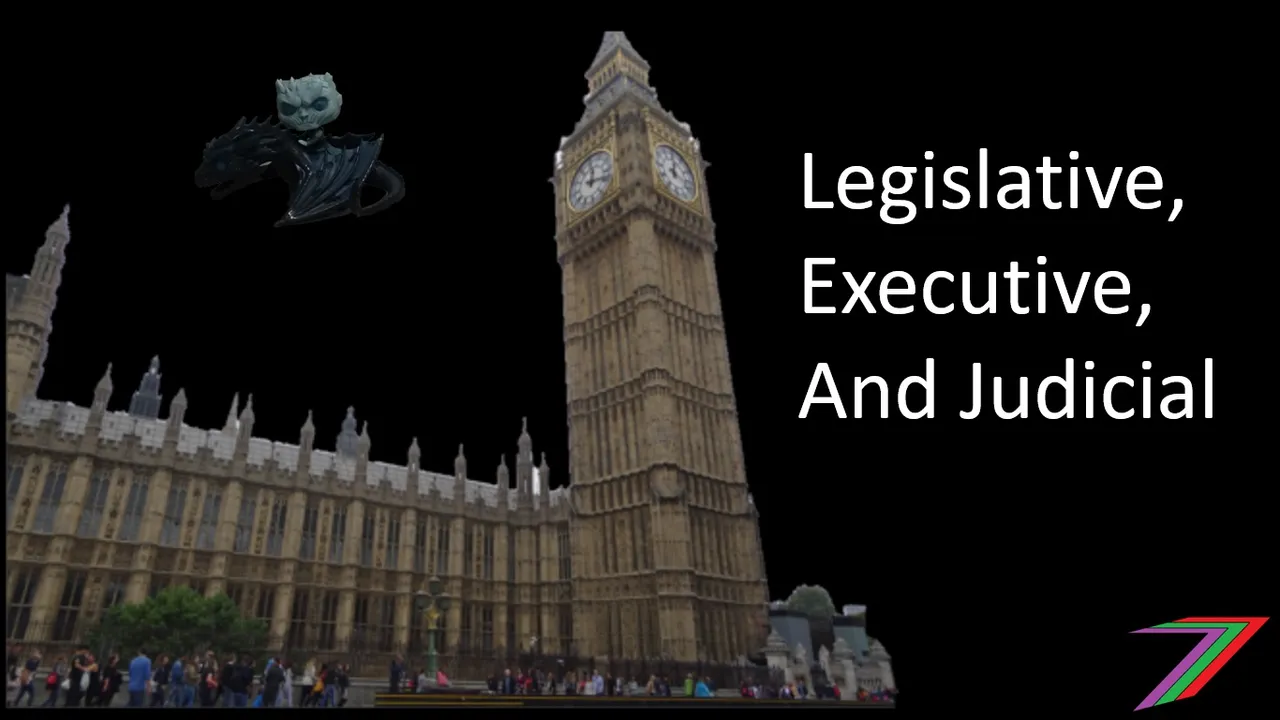
Most Western Governments claim to have a separation of power. The importance of the separation of power is generally strongly emphasised. Countries have two or three branches/arms of Government: legislative and executive, and judicial. This is intended to restrict the power of any one group. Separation of powers can only be effective if they are legitimately independent of each other. If that is not the case, such separation is just ‘lip service’ to a fake system. If the executive branch appoints judges, they should be not considered legitimately independent. Democratic election of judges would provide more legitimacy to the separation of power between the Executive and Legislative branches.
Frequent and open debate over all relevant issues

A strong and unbiased media and proactive diverse opposition can only be effective if there are frequent and open debates on all relevant issues. Referendums are close to non-existent for most ‘Representative Democracies’. In the absence of referendums, frequent and open debates can partially fill the gap from the absence of direct participation from the public. Internet polls can contribute topics and areas for debate. Feedback provided directly from grassroots leader cans also provide valuable input to these debates.
Instead, political debates are confined to a limited number of topics. Important issues are often not discussed if they are not of importance to either one of the two major political parties/candidates. I explain this issue in detail in my previous posts; see links at the end of the post.
Summery of key points
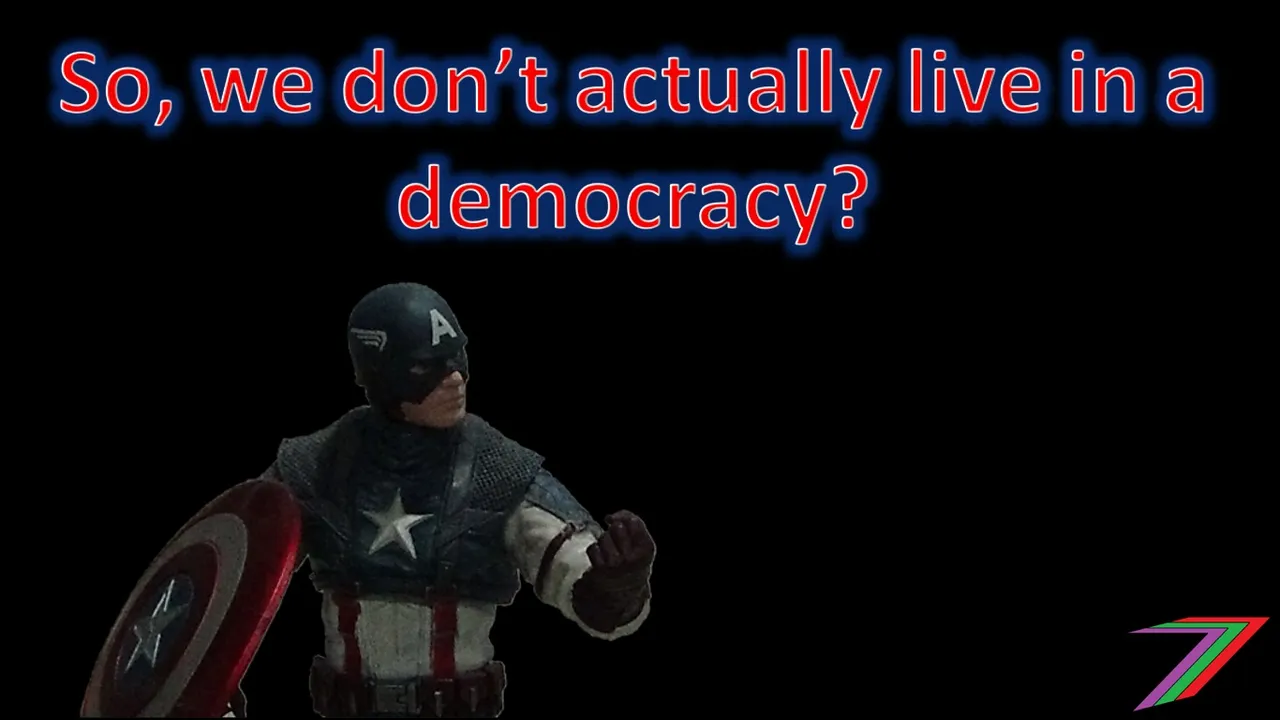
A ‘Representative Democracy’ is democracy only in name. Even under ideal circumstances, a ‘Representative Democracy’ only contains elements of a democracy. I am not aware of any country that has a sustainable well-functioning ‘Representative Democracy’. Most of the above points I have discussed, rarely occur. Attempts to improve the systems are met with resistance from those that want to maintain a system of power. If most of the above points that I have discussed are absent, we are left with a Government that more closely resembles an Oligarchy. Australia is a good example of a country that openly appoints Prime Ministers based on presumably party ‘whims’ rather than democratic means. Australia has had four changes of Prime Minister over a period of ten years based on party caucus voting.
Would a real Democracy be better than the existing fake Democracies?
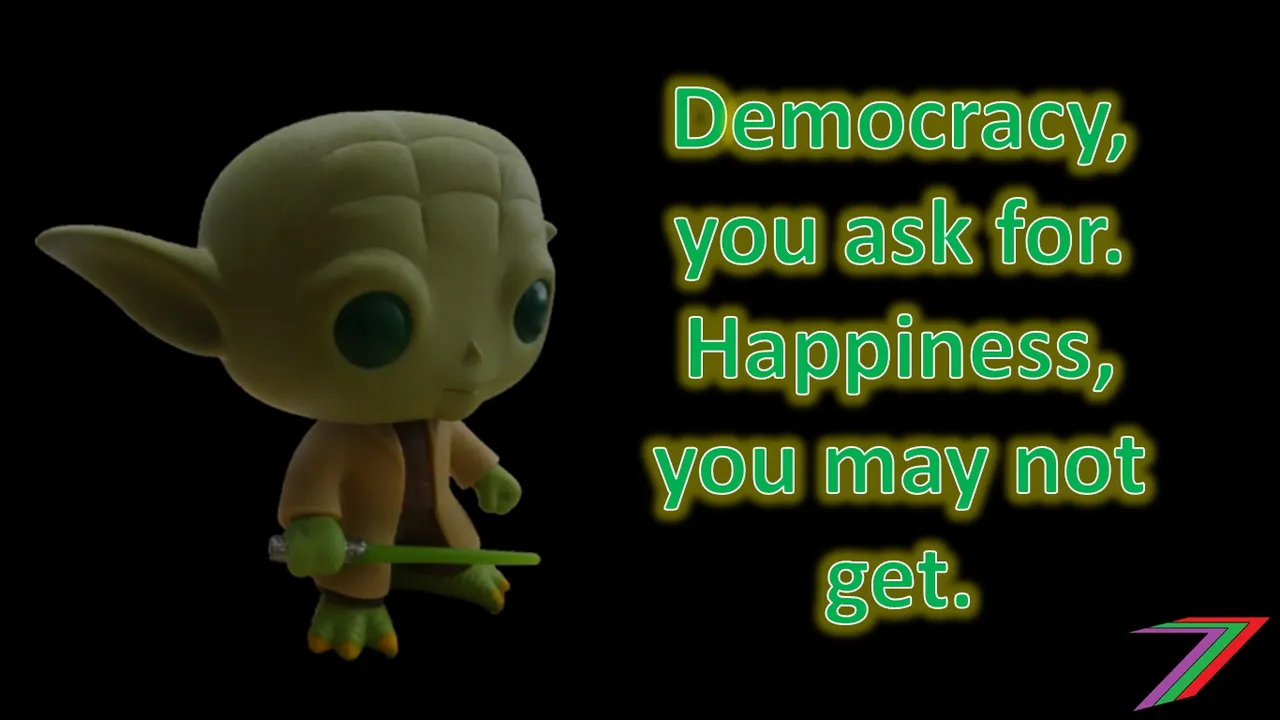
I have discussed how a ‘Representative Democracy’ is not a democracy. This does not assume that a democracy is a system that would actually be desirable or even a great improvement. We live in a world, which is radically different from ancient Greece or Rome. Countries have considerably larger populations. There are wide spread cultural and religious differences amongst people living in these countries. The diversity of needs, wants, opinions, ideals, and values would make democracy exceedingly difficult to implement for most countries on a national scale.
I will discuss the problems of ‘Direct Democracy’ in another post. Thank you for taking the time to read this post.
Additional Material on Democracy
Below are the links to the posts I put together last year.
Democracy and Economics - Does Democracy Really Exist?
Economics and Democracy – Does Democracy Exist? (Part 1)
Democracy and Economics (Part 2) - Major Debates
Democracy and Economics (Part 3) - Areas Rarely Discussed or Debated
Democracy and Economics (Part 4) - Solutions and Alternative Structure
First-Past-The-Post Vs Preferential Voting Systems
The Two-Party Political System – The dictatorship we didn’t know we had
Post Beneficiaries
The beneficiaries of this post based on the top three upvotes of the previous post are:
Each beneficiary will receive 20% of the post payout. Thanks for your support.
A fourth beneficiary has not been added because of the lack of engaging comments in the previous post.
This takes me to the end of the post beneficiary giveaways for now; this will make 13 posts so far. I have enjoyed giving back to those who have supported my content. I was hoping I would get more activity in the comments section. This was the opportunity for those not sufficiently invested in Steem to come away with something. I will put a post together to summarise what has been given away soon.
